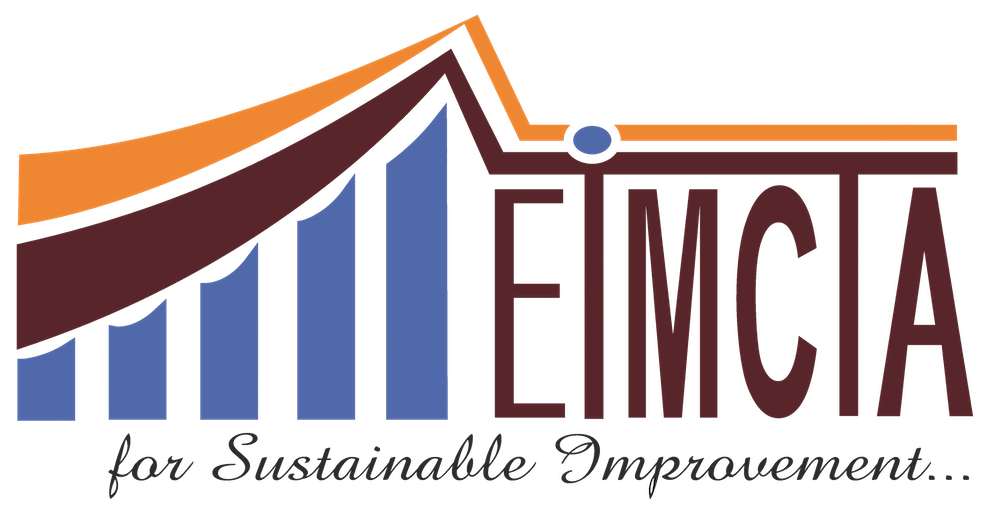Training on cleaning and containing chemical spills is crucial for individuals who work with or around hazardous substances. Here are several benefits associated with providing and participating in training on cleaning and containing chemical spills:
Minimized Health Risks: Proper training equips individuals with the knowledge and skills needed to respond safely to chemical spills. This reduces the risk of exposure to hazardous substances, minimizing the potential health effects on workers and others in the vicinity.
Prevention of Environmental Contamination: Training emphasizes the importance of containing chemical spills promptly to prevent environmental contamination. Quick and effective response measures can mitigate the impact of spills on soil, water, and air quality.
Compliance with Regulations: Training ensures that individuals are aware of and comply with relevant environmental and occupational health and safety regulations governing the handling and cleanup of chemical spills. Compliance helps organizations avoid legal consequences and regulatory penalties.
Reduced Property Damage: Proper response to chemical spills helps minimize property damage. Training provides guidance on containment measures, preventing spills from spreading and causing extensive damage to equipment, infrastructure, or facilities.
Emergency Preparedness: Individuals trained in cleaning and containing chemical spills are better prepared to respond to emergency situations. Training includes information on evacuation procedures, emergency communication, and coordination with emergency response teams.
Knowledge of Spill Response Equipment: Training familiarizes individuals with the proper use of spill response equipment, such as absorbents, booms, and personal protective equipment (PPE). Knowing how to use this equipment effectively enhances the efficiency of spill cleanup.
Effective Spill Response Planning: Training includes guidance on developing and implementing spill response plans. Individuals learn how to assess the risks associated with different chemicals, prioritize spill response actions, and communicate response plans to relevant personnel.
Reduction in Cleanup Costs: Quick and efficient response to chemical spills can reduce cleanup costs. Proper training helps individuals take immediate action, preventing spills from spreading and minimizing the amount of hazardous material that needs to be cleaned up.
Enhanced Communication Skills: Training emphasizes the importance of effective communication during spill response efforts. Individuals learn how to communicate clearly and coordinate with team members, emergency responders, and relevant authorities.
